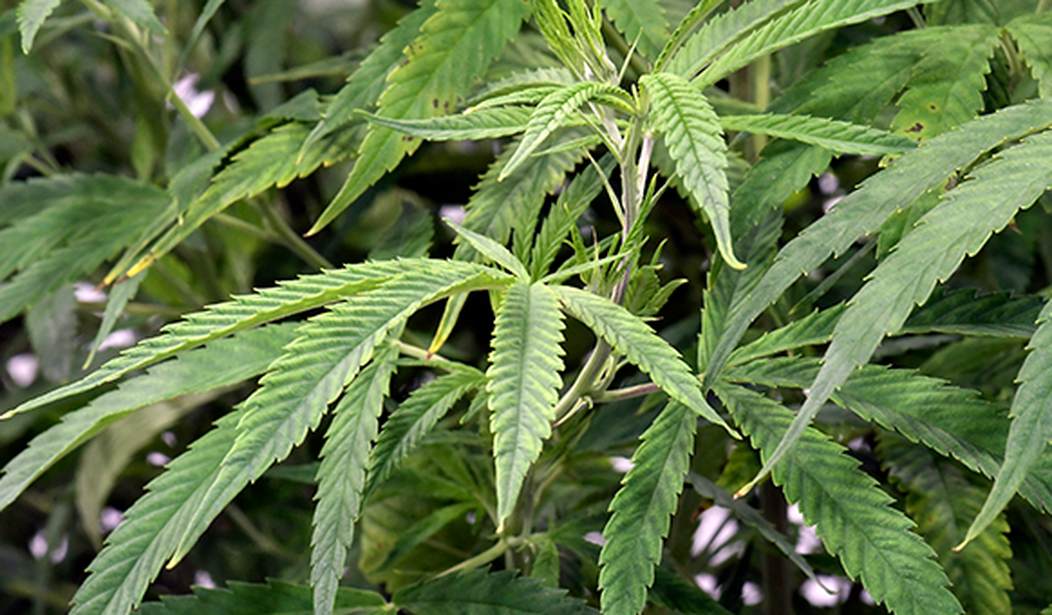Forbes has a story today about the scale of the global cannabis market.
Global cannabis sales will grow to $57 billion in 2026, according to the latest projections from BDSA, a top Colorado-based cannabis market research firm. Furthermore, in the U.S., cannabis sales will skyrocket to $42 billion in 2026, which will make up 75% of total global cannabis sales. And, despite concerns caused by inflation, legal cannabis sales in the U.S. will surge to $27 billion by the end of this year, a 7% jump over last year’s sales of $25 billion.
That’s a lot of money and as more states legalize personal use of cannabis the numbers keep going up. Last year New York legalized recreational cannabis which means the market is still expanding. But here in California where recreational use is legal, the market for cannabis has increasingly become a black market, one associated with a lot of problems.
The continuing success of illegal cannabis shops and the struggles of legal ones in the heart of L.A.’s Eastside offer a stark illustration of how California’s legalization of marijuana has gone wrong. Far from being eradicated, the black market is booming in plain sight, luring customers away from aboveboard retailers with their cheaper — if untested and unregulated — product.
Unlicensed dispensaries have become hotbeds of crime. Sometimes the operators are the perpetrators, authorities say, selling cocaine and methamphetamine alongside cannabis. At other times, they are the victims.
There are an estimated 150 illegal dispensaries in East LA. Police raid them and seize all of their product and cash on a regular basis but nothing much ever comes from it. It sounds like the same old story we see with regard to all sorts of crime up and down the west coast, i.e. cops can arrest people all day long but it won’t matter if the DAs office has decided not to pursue these cases aggressively.
Investigators seeking a judge’s permission to search an unlicensed dispensary and carry off evidence — cannabis, digital video recorders, cash, paperwork that might indicate its ownership structure — have a low bar to clear, search warrant records show. It is often as simple as noting people entering a storefront empty-handed and leaving with small white bags, walking into a shop in plainclothes and asking an employee about marijuana prices, or citing a dispensary’s Yelp page…
Greg Risling, a spokesman for the Los Angeles County district attorney’s office, said prosecutors charge people with crimes associated with operating illegal dispensaries “when the evidence has been sufficient to prove.” The typical charge, Risling said, is a violation of the county prohibition on cannabis dispensaries, a misdemeanor.
Lt. Howard Fuchs of the Sheriff’s Department’s Narcotics Bureau disputed this. “The district attorney will not file these cases whatsoever,” he said. “Even if it’s near a school, they’ve told us they will not file these cases.”
Police say seized evidence suggests some of these illegal shops are making as much as $25,000 a day. That’s business that won’t be going to the legal shops. Unlike the illegal dispensaries, the legal ones have to deal with the cost of a business license, taxes and especially the costly delays caused by city regulations. All of that means the prices charged by the legal dispensaries are at least double that charged by the illegal ones. In other words, by not doing anything about the illegal shops you’re squeezing the legal ones and making it much harder for them to survive.
And there’s another problem. According to police, many of the illegal shops are paying taxes of a kind:
Most of the illegal dispensaries in East Los Angeles are being “taxed” by gangs, said the undercover sheriff’s investigator. The more sophisticated gangs demand money, while the cruder ones are content with free product, the investigator said.
“They know they’re both doing illicit activity, and no one’s going to say anything,” he said.
Two LA gangs have opened their own illegal dispensaries. So the illegal trade is funding these gangs and whatever crime they bring with them.
Finally, the black market isn’t only working on the retail side of the business. It’s also at work on the wholesale side. Last week NBC News reported on illegal grow operations which sometimes involve people who are human trafficking victims. The weed grown in these operations can wind up being sold in legal or illegal dispensaries. All that to say, the $27 billion the US is expected to spend on “legal” cannabis this year may be having negative consequences for a lot of people in addition to fostering a dangerous black market.








Join the conversation as a VIP Member